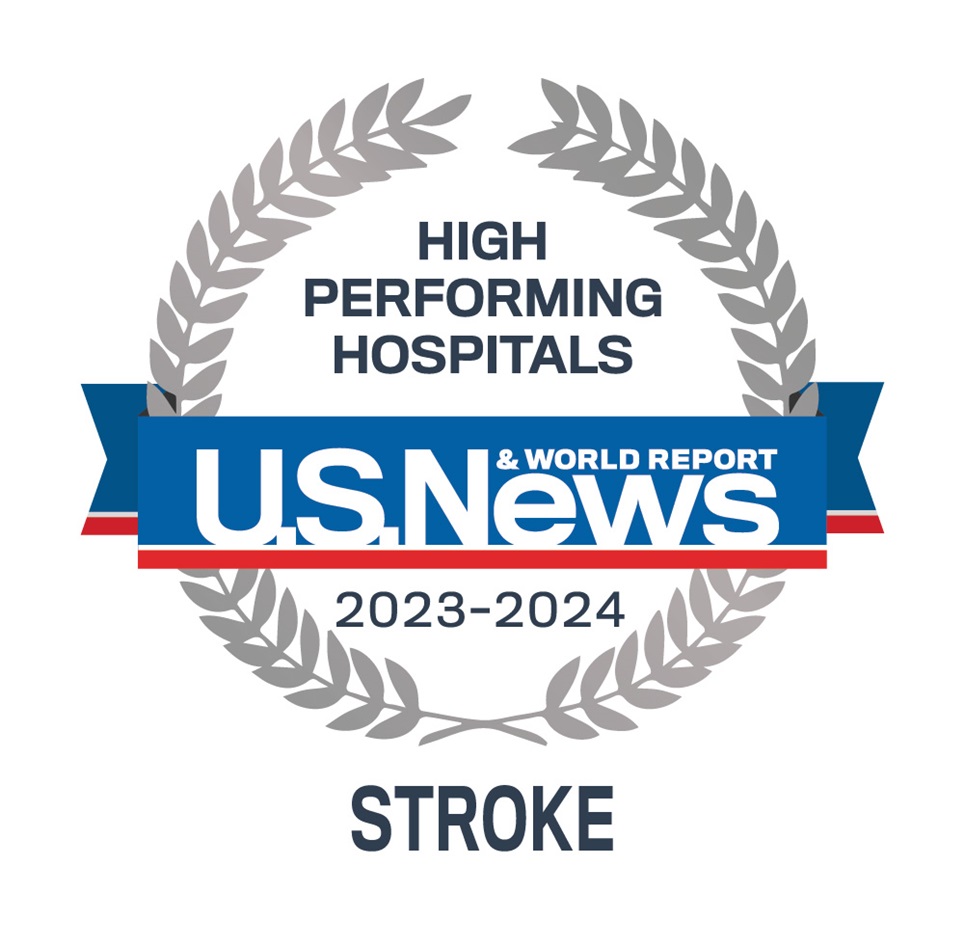Despite its name, a TIA stroke isn’t a true stroke. Also known as a transient ischemic attack or mini stroke, this short-term event produces symptoms that resemble those of an ischemic or hemorrhagic stroke. A TIA resolves on its own within a short period of time and causes only temporary problems, rather than the long-lasting brain damage that often results from a true stroke. Only a medical professional can distinguish between a TIA and a real stroke, however, so it’s vital that anyone experiencing the signs of a stroke or TIA receive emergency medical attention.
TIA Stroke Causes
While true ischemic strokes are caused by the total blockage of an artery supplying the brain with blood, TIAs are brought on by partial obstructions, such as plaque buildup in the carotid artery. If the underlying issue isn’t resolved, a TIA stroke can be followed by a full stroke.
Some common risk factors for a TIA include:
- Increased age
- Family history of TIA or strokes
- Sickle cell disease
- High blood pressure
- High cholesterol
- Cardiovascular disease
- Carotid artery disease
- Diabetes
- Obesity
TIA Stroke Symptoms
TIAs typically last only a few minutes. Because of this, most signs and symptoms disappear within an hour, though in rare instances symptoms may last up to 24 hours. The signs and symptoms of a TIA resemble those that occur early in a stroke and may include sudden onset of:
- Weakness, numbness or paralysis in the face, arm or leg, typically on one side of the body
- Slurred or garbled speech or difficulty understanding others
- Blindness in one or both eyes or double vision
- Vertigo or loss of balance or coordination
TIA Stroke Diagnosis
Tampa General Hospital has the advanced imaging technology necessary for diagnosing strokes, determining the source of the obstruction and assessing the damage done to the brain. A prompt evaluation of symptoms is vital in diagnosing the cause of a TIA, and may include:
- A physical exam and tests
- Carotid ultrasonography
- A computerized tomography (CT) scan
- Magnetic resonance imaging (MRI)
- Echocardiography
TIA Stroke Treatment
At Tampa General Hospital, we can treat TIAs using methods such as:
- Anti-platelet or anti-coagulant drugs
- Angioplasty
- Carotid endarterectomy
Why Choose Tampa General's Comprehensive Stroke Center?
As one of the only Comprehensive Stroke Centers in Tampa, TGH is prepared to immediately respond to any emergent signs of a stroke with board certified neurologists, advanced neuro-imaging, and complex neurosurgical interventions. Tampa General's 32-bed Neurosciences Intensive Care Unit is one of the largest in the country.
Tampa General Hospital was named one of the top hospitals in the country for stroke care for 2023-24, according to U.S. News & World Report. TGH is also recognized as Honor Role Elite Gold Plus for Stroke Care by the American Heart Association.

